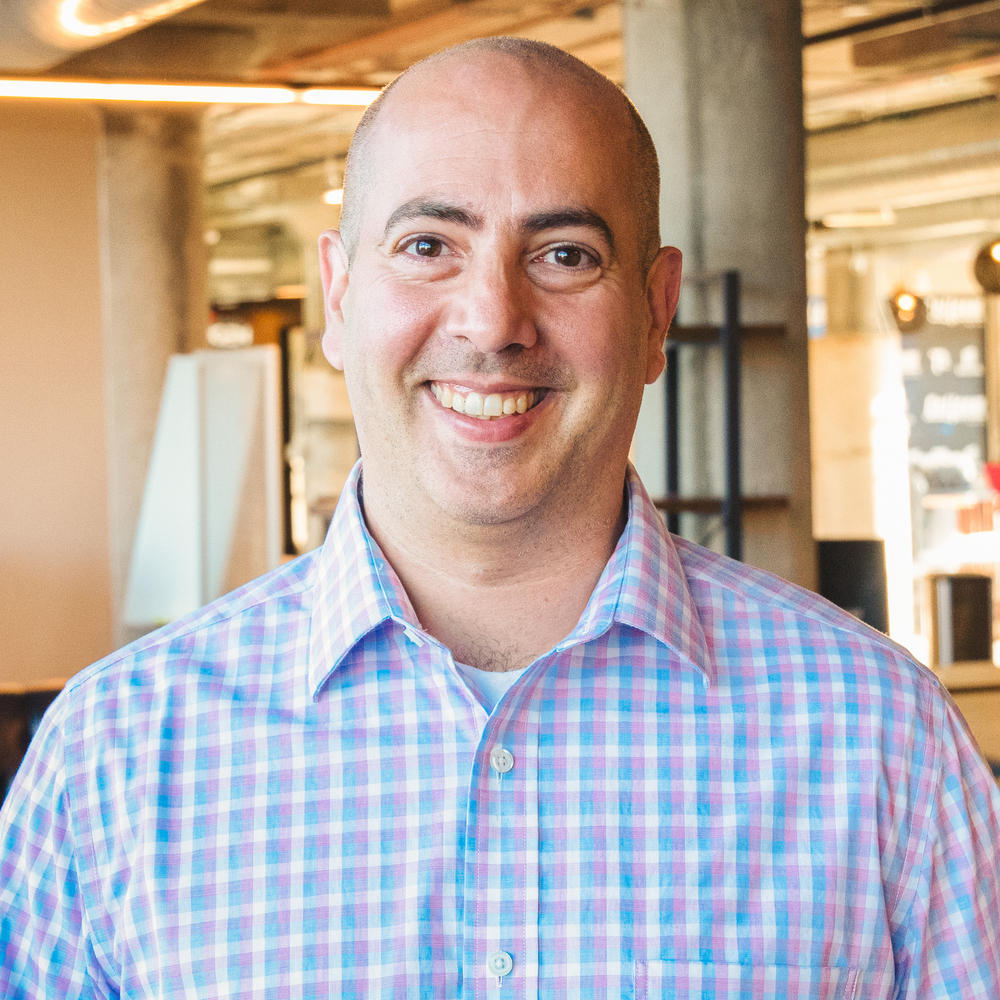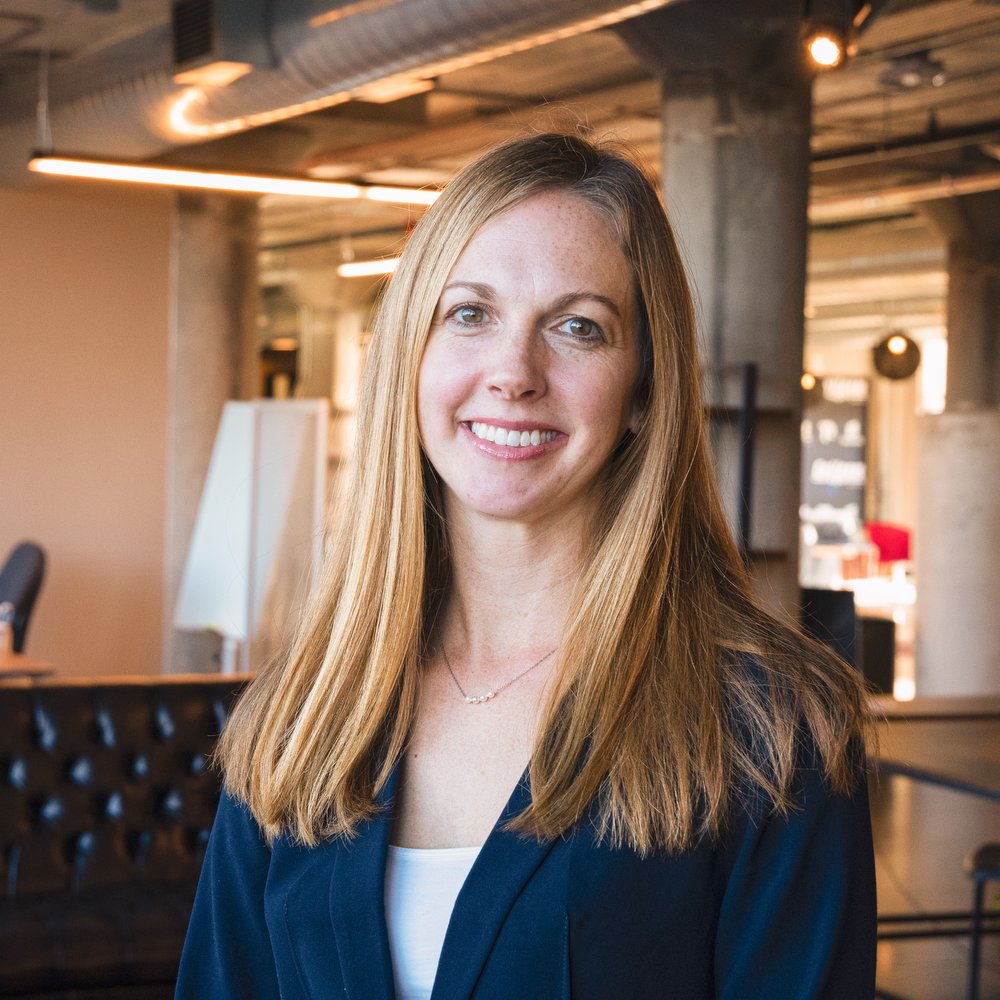The term ‘Workplace Culture’ has been around for almost 72 years (officially coined by Dr. Elliott Jaques in his book The Changing Culture of a Factory). Throughout the last seven decades, we have become accustomed to the term, often hearing about it in onboarding presentations, reading about it on company career pages, talking about it amongst peers, and seeing it promoted within self-help books and TED Talk videos.
However, despite the familiarity of the term ‘culture’, many downplay the role it plays in the success or failure of an organization. For mergers in particular, culture is critical to the success of integration and yet may not be high on companies’ priority lists.
Throughout the article, we’ll discuss why workplace culture can make or break a merger acquisition, and what cultural areas to explore when going through the integration process.
Why does culture matter so much?
Culture refers to the shared values, beliefs, behaviors, and customs that characterize an organization and shape its work environment. When two or more organizations merge or one organization acquires another, it is important to consider the impact that the culture of each organization will have on the new entity.
Back in 2014, I was pulled in to work with an extended leadership team in the healthcare industry that had recently gone through a merger. The leadership team was evenly split with members from both organizations. Six months into the merger, the team was deadlocked in dysfunction. Trust was lost and it was difficult to even execute basic decisions. The divide at the top of the house cascaded all the way down to front-line supervisors. With decisions not being made, efficiency was suffering. What looked like a promising opportunity was looking like a growing financial sinkhole.
When I inquired about what happened, the leaders were at a loss. Prior to merging, they had spent time getting to know each other and the opposing organization’s values. They discussed business strategy and believed they had an aligned vision. They believed they did all the right things to ensure their merger was a success.
But they missed a key thing. When looking at merging two companies, the devil is always in the details, specifically cultural details.
Cultural areas to explore when integrating
When two companies merge, a big challenge they face is aligning on how they do their work. It’s no secret that everyone has different working styles, but it can cause friction and bottlenecks between two different groups if it’s not handled right. Typically, if one company is more established than the other, those differences become even more significant.
So, how can two companies better approach decision-making? In the above case, the larger organization adopted a very structured decision-making approach that included extensive research, analysis, and review. Once a decision was made, it was very difficult to change minds. The smaller entity had a more iterative decision-making style choosing to make decisions quickly and then change course as they learned more along the way.
Was either approach right or wrong? No. But when the organizations merged, the decision-making style quickly became a point of contention and a source of distrust.
There are a host of cultural areas to explore. Some common areas of tension that arise in the integration process are:
- How strictly a company adheres to processes and procedures.
- How flexible a company is with its policies.
- Relying on specialists or those with broad and generalized job knowledge.
- Leadership style and how much autonomy employees have to make day-to-day decisions.
The key to merger success? Have the right cultural conversations.
There will always be challenges with integrating two or more organizations. The important thing is for leaders to have the right conversations on the front end. Differences can be very healthy and the more awareness leaders have of cultural differences, the easier it is for them to be leveraged positively.
At a minimum, this means digging into the details of how each organization’s values are lived out and understanding their philosophy on leadership, process, and problem-solving. Asking ‘how’ work is accomplished will help leaders uncover critical cultural differences sooner so they can proactively problem solve and align on a more harmonious path forward.
Companies with world-class culture integration strategies are taking things a step further by measuring cultural differences and similarities within the first 30 days.
This helps:
- Quantify differences
- Anticipate challenges
- Help employees better deal with change
Even when significant differences emerge, the hard data can be used to normalize the challenges leaders and employees are facing to reduce unnecessary conflict and focus the groups on problem-solving rather than infighting.
Culture measurement is an emerging field and it is exciting to see how companies will utilize it to manage their integration strategies.





